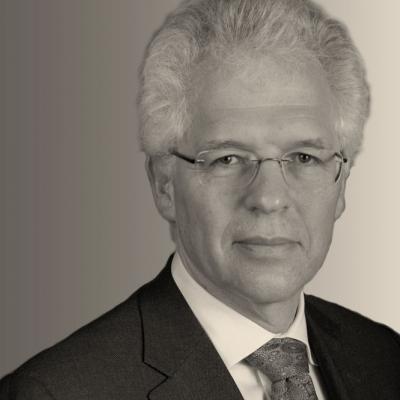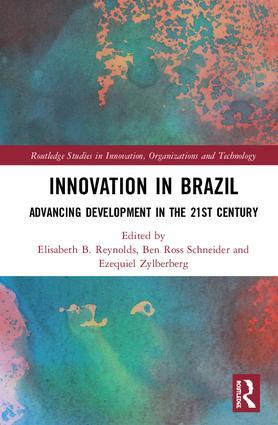After several years of focusing on monetary and fiscal policy at the macro-level, and creating a more stable and predictable economic environment for industry, Brazil embarked over the last several years on a large-scale effort to address structural issues around building innovation capabilities with the country. In the face of increased global competition, particularly from Asia, many Brazilian workers and industries are at a competitive disadvantage when it comes to capturing higher skilled and value-added work that can translate into higher productivity and a higher standard of living. This competitive disadvantage has been exacerbated by the country’s current economic and political crisis. Given recent headwinds, the innovation agenda is more important than ever to Brazil and to the Brazilian government’s effort to support and drive economic growth.
SENAI, Brazil’s National Service for Industrial Training, is also turning its attention and resources to the issue of innovation in Brazil. Because of SENAI’s vast network of workforce training institutes across the country and its long history of working collaboratively with industry, it has been charged with the creation of 25 SENAI Innovation Institutes (ISIs), each of which will focus on a particular technology or group of technologies associated with one or several industries in which Brazil has existing capabilities. Over half of the Institutes are operational as of 2016 and the rest will be launched in the next two years.
SENAI’s focus is on two goals:
In its collaboration with SENAI, MIT’s IPC builds on two decades of research on national and regional systems of innovation around the world. In this program of research we have collaborated with governments and private organizations responsible for promoting innovation in a wide range of countries, including Taiwan, China, Finland, the United Kingdom, Norway and Japan. Important goals of this work have been the following:
The IPC’s research agenda with SENAI on Brazil’s innovation ecosystem focuses on three primary areas of research:

Richard Lester is the Japan Steel Industry Professor and Associate Provost at MIT.

Michael J. Piore is on the faculty of the Department of Economics at MIT.

Ben Ross Schneider is the Ford International Professor of Political Science at MIT.

Cauam Ferreira Cardoso is a Postdoctoral Associate at MIT
CEO, Welle Laser
Scientific Director, FAPESP
CEO, HT Micron
Professor, USP
CEO, CV Ventures
CEO, GrandBio
Director of Studies and Industry Innovation Policies, Regulation and Infrastructure, IPEA
Director, FAPSEP
Principal, Pitanga Fund

In this book, the editors unite a diverse array of empirical contributions around a few key themes, including public policies, institutions and innovation ecosystems, and firms and industries, that collectively make the case for a new, forward-looking innovation agenda aimed at addressing persistent challenges and exploiting emerging opportunities in Brazil. Its conclusions offer valuable lessons for other developing and emerging economies seeking to accelerate innovation and growth in the modern age.